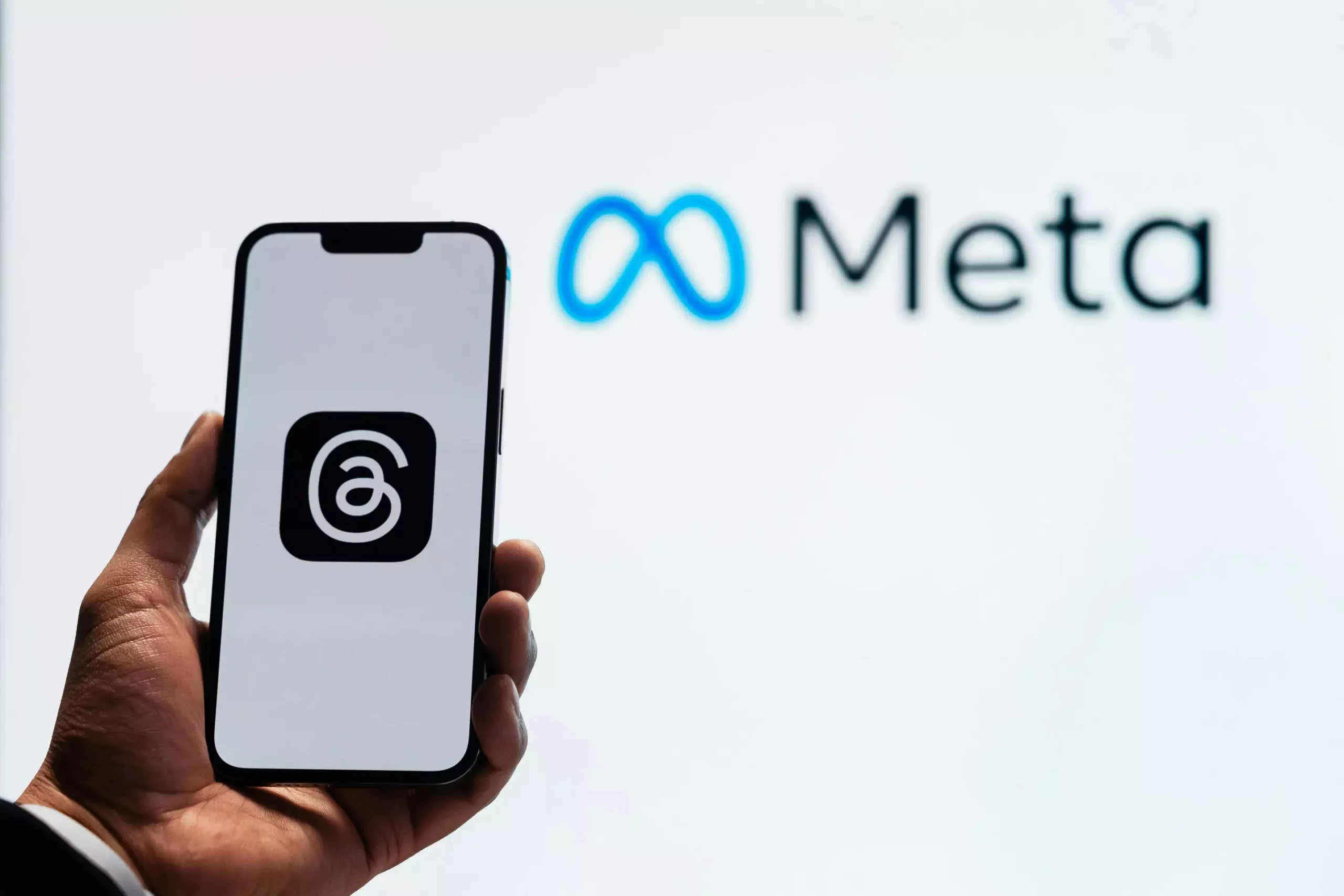Meta, formerly known as Facebook, is facing a significant legal battle with the Federal Trade Commission (FTC) involving the acquisitions of Instagram and WhatsApp. The FTC alleges that these acquisitions have stifled competition in the social media market, prompting Meta to defend its position. In a recent motion, Meta requested a federal judge to dismiss the case, arguing that the acquisitions were beneficial for consumers and had received approval from the FTC at the time they were made.
The crux of the FTC’s case against Meta is centered around the claim that the company gained “monopoly power” by acquiring potential rival platforms like Instagram and WhatsApp. Despite facing a setback in June 2021 when the initial complaint was dismissed, the FTC refiled with an amended suit in August 2021, successfully overcoming Meta’s attempt to have it thrown out. The FTC now has until May 30 to present a counter-argument to Meta’s plea, with no trial date set yet.
If the FTC were to win the case against Meta, it could significantly impact the online landscape and potentially disrupt Meta’s dominance in the social media ecosystem. This legal battle underscores the ongoing scrutiny that major tech companies face from antitrust authorities like the FTC and the US Department of Justice. Notably, other tech giants like Google have also been embroiled in similar antitrust cases that could reshape the industry dynamics if ruled in favor of the regulators.
The legal battle between Meta and the FTC is part of a broader trend of increased antitrust enforcement against US tech companies. The FTC and the US Department of Justice have launched a series of blockbuster cases in recent years, targeting dominant players like Meta, Google, and others. The outcome of these cases could have far-reaching implications for the tech industry and possibly lead to significant regulatory changes.
The ongoing antitrust case between Meta and the FTC highlights the complex dynamics of competition in the tech industry. As the legal battle unfolds, the outcome could potentially reshape the social media landscape and set precedents for future antitrust enforcement actions against major tech companies. The stakes are high for both Meta and the regulators, underscoring the critical importance of competition and consumer protection in the digital age.


Leave a Reply